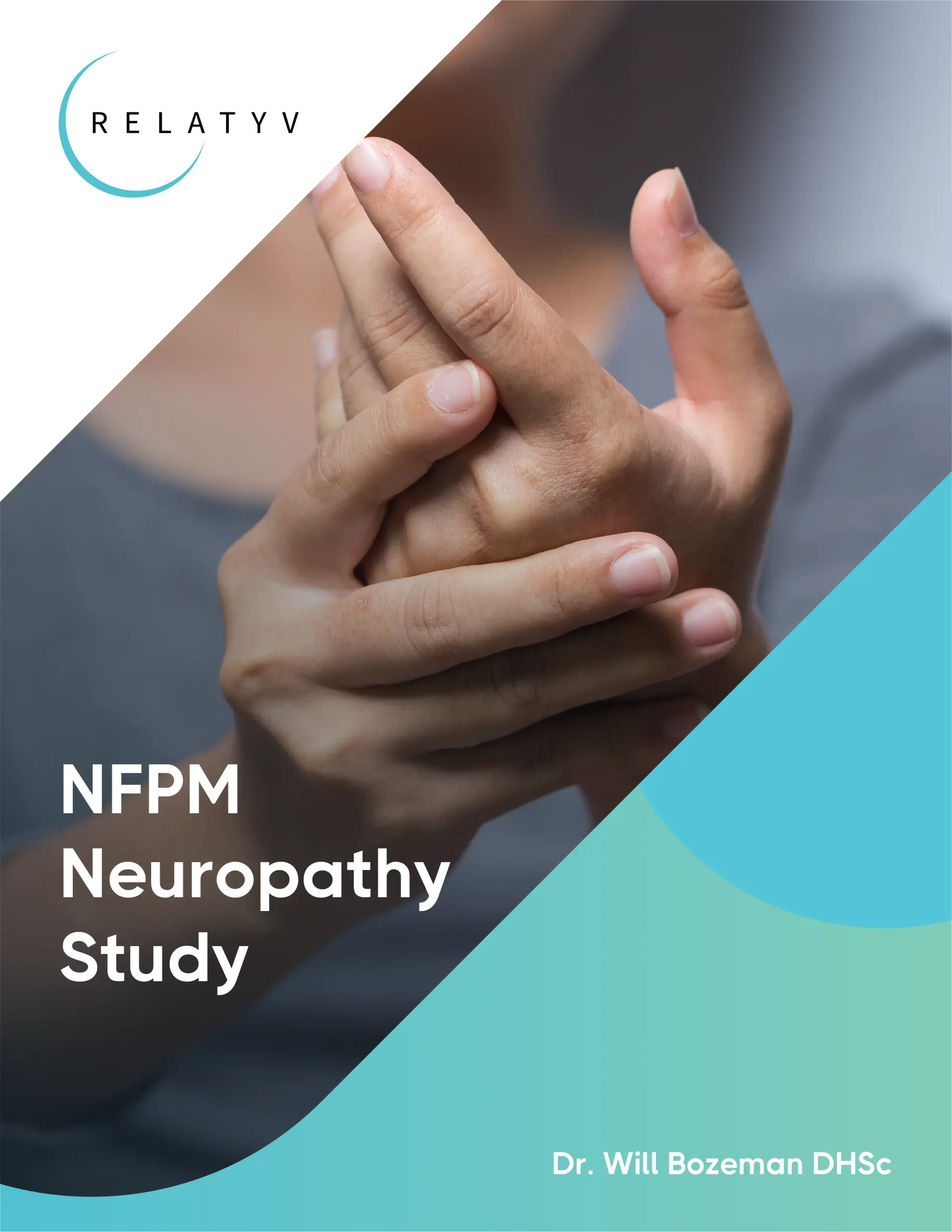Metabolism is a term that describes all of those chemical reactions the body uses to obtain energy and nutrients from the carbohydrates, fats, and proteins contained in the food you eat. Metabolic dysfunction occurs when one or more of these processes are inhibited or don’t happen as they should.
When these chemical reactions are disrupted, your body may not be able to store or use sugar and acids for energy. Metabolic disorders occur alongside other serious conditions that cause chronic pain, including obesity, chronic inflammation, and fibromyalgia.
Sometimes, metabolic dysfunction occurs due to genetic factors or when the organs involved with the digestion process, such as the pancreas, don’t function as they should. However, this condition can have many other causes, most of which relate to the environment, diet, and lifestyle.
In particular, you may be at greater risk of metabolic dysfunction if:
- You are obese or overweight
- You eat an unhealthy diet
- You are an older adult
- You smoke or drink alcohol
- You suffer sleep disturbances or have a misaligned circadian clock
- You are inactive or lead a sedentary lifestyle
Today, it is estimated that a third of adults suffer from metabolic dysfunction and 51.6 million people experience chronic pain. However, with the right prevention and treatment program, you can restore the functioning of your metabolism and address other associated conditions to live a pain-free life.

















